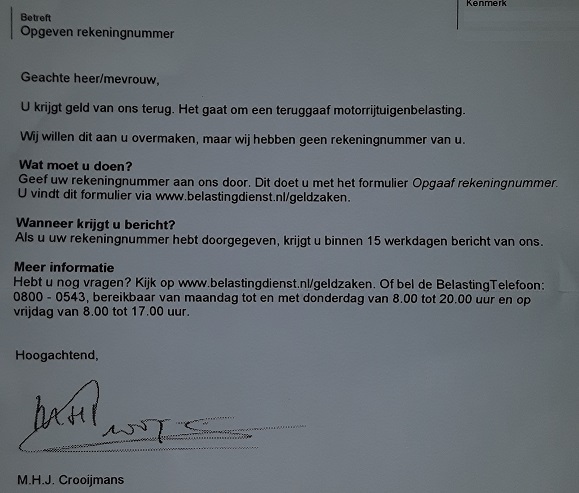Some albums are as close to perfect as makes no difference. Springsteen’s Born to run comes to mind, with only the Night track to keep it from perfection; or Billy Joel’s Innocent Man. One Cell In The Sea, by the fairly unknown band A Fine Frenzy–really just a vehicle for Seattle-born redhead singer-songwriter Alison Sudol–has topped my list of perfect albums since I first heard it in June.
Almost every single one of the 14 tracks is a little jewel, with Sudol’s evocative and poetic lyrics matching the beautiful melodies bar-for-bar. Her self-taught piano playing dominates most songs, but there is plenty of room for the other musicians, and her arrangements are powerful and original, with usually a strong supporting role for the drums. The producer had enough sense to leave the rough edges in the recordings, and the result, like I said, is as near to perfect as make no difference. Except for one bland track that would have been more appropriate on one of the lesser-known Corrs albums, it’s hard to decide which songs stand out. But here they are anyway:
After a strong start with Come On, Come Out, the album really takes off with The Minnow And The Trout. Though the song has a very loud message (“I know that we’re different / But we were one cell in the sea in the beginning”), the melodious piano and wonderful lyrics amply make up for it. Sudol’s imagery is great; she has a “hummingbird sharing coffee with the ants”, and an eagle fallen from its nest asking a dove for help, and does way more than get away with it; her limber voice makes the song a lovely bit of cheerful poetry.
On the next track, Sudol gets away again, this time with recording a ballad that never deviates from the traditional structure (verse, chorus, verse, chorus, bridge, soft chorus, fully orchestrated chorus). Her voice–strong and emotional, the instrumentation–great guitar play on the verses, and the lyrics (“I’m down to a whisper / In a daydream / On a hill”) save Whisper, making it uniquely hers, and a good fit for the rest of the album.
When the last notes of Whisper have died down, the album explodes into a driving piano intro reminiscent of Coldplay at their best, and Sudol breaks into You Picked Me, easily one of the best songs on the album. Again, the combination of her music and the lyrics works excellently, and the chorus is a brilliant rendering of the gratitude one can feel for a lover (“Like an apple on a tree / Hiding out behind the leaves / I was difficult to reach / But you picked me”).
You Picked Me is followed by the driving rhythms and rolling refrain of Rangers, another great track. Then the album hits its first peak on Almost Lover. Here Sudol lets us hear how great her voice really is, surging up, hitting the highs, shrinking into deep, throaty sensitivity, making the listener feel the heartbreak and melancholia. Her voice is reminiscent of Christina Aguilera at her best, but again the music and lyrics make it Sudol’s own song, and I don’t believe anyone has ever sung the words “Just fine” with this much emotion.
To lighten the mood, the next track Think Of You is an upbeat and airy little ditty that would not have been out of place on Jewel’s first album. The breather we’re granted as listeners is brief though, because the beautiful next song Ashes And Wine drops us back into heartache. Again, the song amply makes up for its initial flaw, which in this case is the trite opening line (“Don’t know what to do anymore / I’ve lost the only love worth fighting for”). And again, we’re granted reprieve from sadness, with the cheerful and rhythmic Liar Liar, which has Sudol chiding her lover for being so enticing (“Liar liar, you’re such a great big liar / With the tallest tales that I have ever heard” and “The siren sang so sweet and watched the sailors going down”).
Two of the next three tracks are good, though not as great as the nine that came before. After that, the album peaks again on Hope For The Hopeless. This magnificent track is an anthem worthy of U2 at their best, its chorus shouting its defiance at the world. The slow building of the drums echoes U2’s Bad, but again the voice and the lyrics make it entirely Sudol’s own. It’s a perfect song to end the album; as a matter of fact, it’s a perfect song to end a stage set, and have the audience leave the venue still singing “There’s hope for the hopeless” at the top of their voices. A grand finale worthy of this beautiful, poetic, perfect album.
The album concludes with the afterthought of Borrowed Time, an up-tempo little track to balance out the almost-pathos of Hope For The Hopeless. When the last notes die out, the listener is left with the deep satisfaction of having experienced a beautiful, varied, complete, and powerful album, with thirteen wonderful tracks contributing to an almost perfect whole.
And then there’s track 11.
